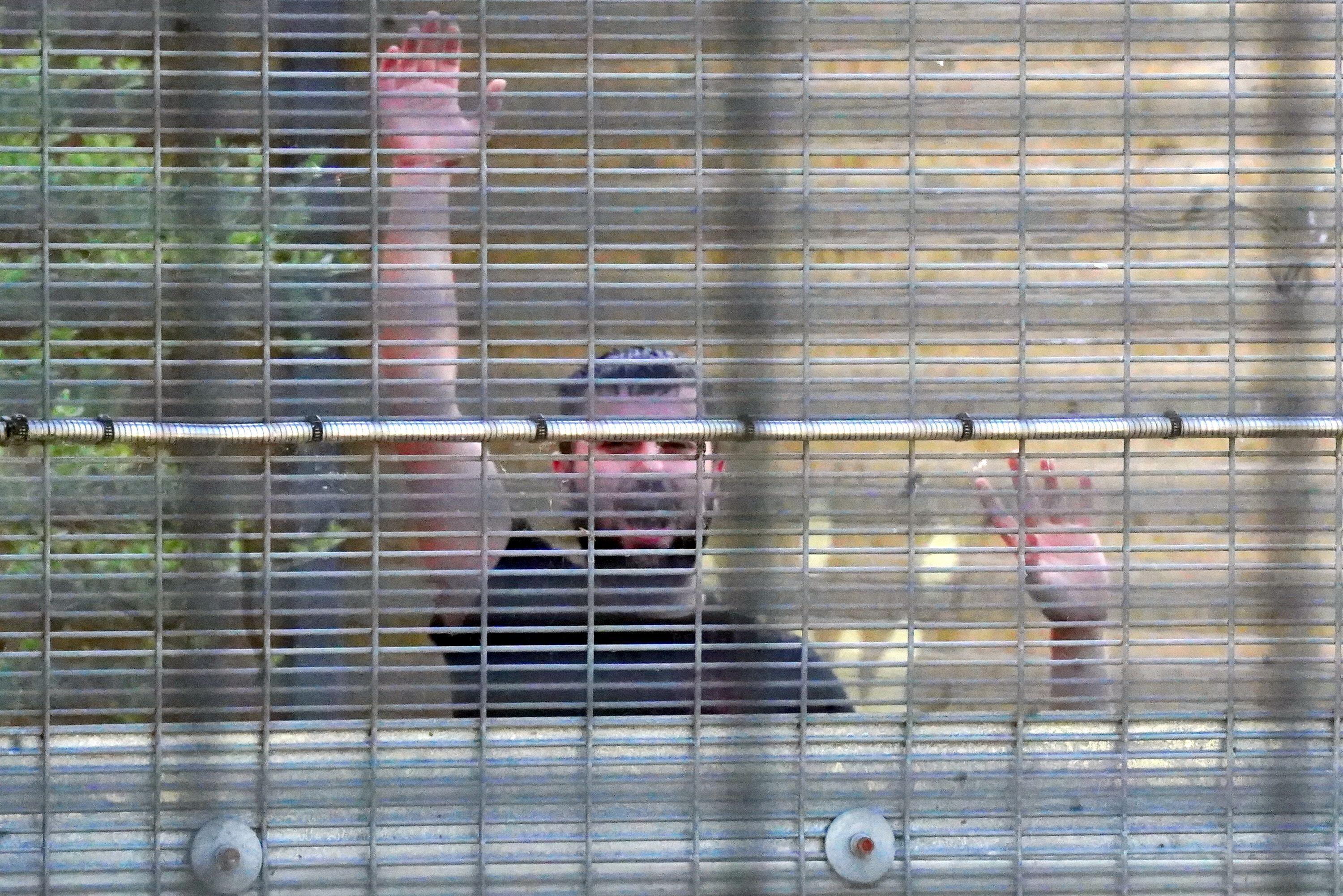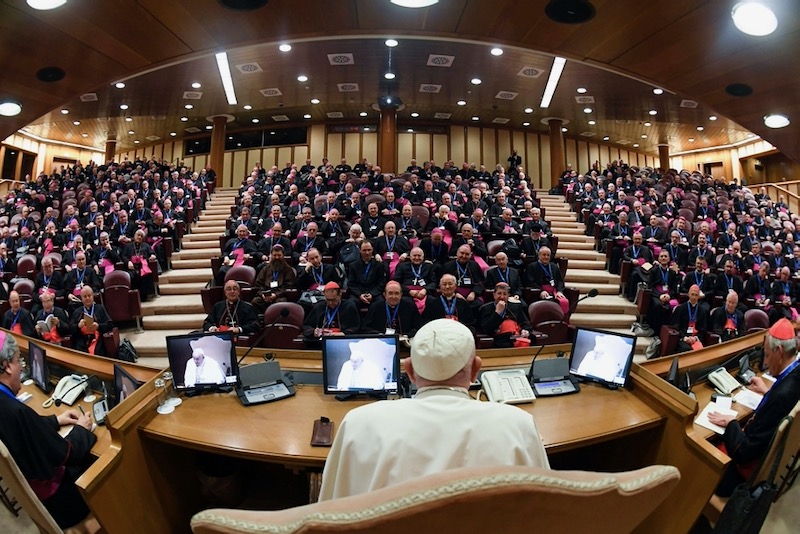It has been a real privilege to have been involved in the early stages of the synodal process helping to lay the foundations for the synodal Assembly in October this year. As Pope Francis has insisted, the process itself continues to develop the reception of Vatican II within the universal Church. The Instrumentum Laboris is both a very readable document and raises concerns that have emerged from the entire Church. In the unfolding of the synodal process a key consideration that has arisen worldwide is the importance of formation. Every episcopal conference, that submitted reports for the writing of the document for the Continental stage of the process, referenced the necessity of formation. In particular, there is a real desire for formation in the key criteria of the synodal process namely: prayerfully reflecting together on the word of God; the depth of attentive listening to others; and conversation in the Spirit and discerning together what seems to be the priorities emerging under the guidance of the spirit of God. This process requires a real trust that the Holy Spirit continues to guide the Church through the openness of Her members.
Perhaps a word on spiritual conversation would be helpful here. It is a discerning, dialogical style of interacting which is also an encounter with human goodness and the reality of grace at work in another’s life. It is not the kind of conversation which is more a debate or a discussion, rather it is a conversation conducted in an atmosphere of prayer, deeply attentive to what others are saying and where there is a resonance in one’s own life and experience. It is grounded in the conviction that the Lord will guide us if we are attentive and it presupposes a certain reverence, inner freedom, and gentleness towards others. In effect it uses a key principle that can be traced back to the presupposition of the Spiritual Exercises of Ignatius Loyola a principle that benignly interprets the words or actions of another, i.e., that considers that another person is trying to say something that is good. Therefore, my responsibility is to look for the good that the other is trying to say, despite the inadequacy that we all face with language. I suggest we all need ongoing formation in this invaluable principle!
This hunger for formation in the synodal process, formation in discernment and faith formation arises as an ever-insistent cry from members of the church across the world and in general they look to their pastors to assist in such formation. The problem is that many pastors endeavouring to deal with the day-to-day issues of parish life in different cultural and demographic contexts have little understanding of the synodal process. This lack of understanding needs to be addressed, without it seeming to be the imposition of a further task or burden on over-stretched parish clergy. A key dimension of the synodal process is co-responsibility and in the formation for the synodal process one group in particular have significant experience to offer. Many religious, both men and women have been formed in the practice of prayerfully reflecting on the word of God, conversation in the spirit and in the practice of discernment. In addition, in some parts of the world, a significant number of lay people have also been so formed. It would seem timely for this experience to be shared with the wider people of God, particularly at the local level and in conjunction with parish clergy.
In many seminaries the necessity of trying to juggle human, spiritual, intellectual and pastoral formation has left little if any time on the time-table to slot in consideration of the synodal process. Many seminary formators themselves are unclear about the process and in parts of the world have been very influenced by negative social media coverage. This needs to be addressed, since any formation for seminarians must have the support and encouragement of seminary formators if it is to be fruitful. If the synodal path is the way of proceeding of the Church from October 2021 as Pope Francis has stated, is it not time that we began to reenvisage our seminary formation in the light of the synodal process? In the immediate aftermath of Vatican II many pastors indicated they had received no assistance to implement the reforms that were made. As we move into this further deepening extension of Vatican II may we have learned that lesson and move forward, forming our future leaders with greater confidence that the synodal process is here to stay. Perhaps one practical way forward is to arrange workshops for seminary formators and also for seminarians. This could be a helpful beginning while the long-term repercussions are under consideration.
Gill Goulding CJ is a member of the Theological Commission of the Synod Secretariat and was involved in the writing of the Document for the Continental Stage of the synodal process. She is professor ordinarius of systematic theology at Regis College the Jesuit graduate school of theology at the university of Toronto and a senior research associate at the Von Hugel Institute, St Edmunds College, Cambridge UK.



 Loading ...
Loading ...
What do you think?
You can post as a subscriber user ...
User comments (1)